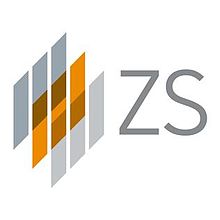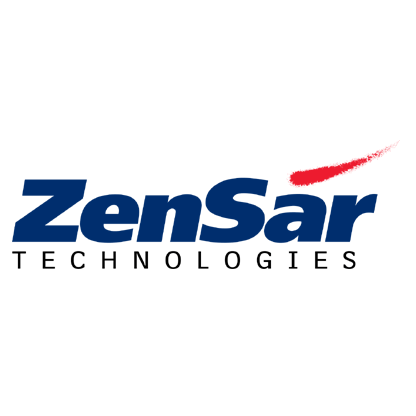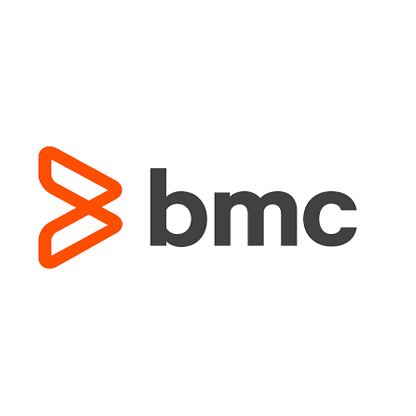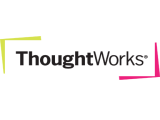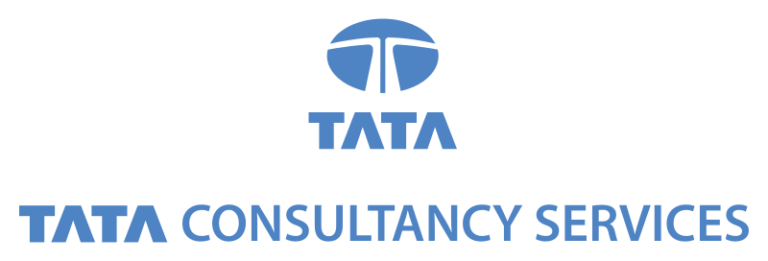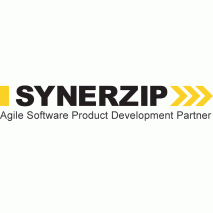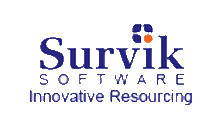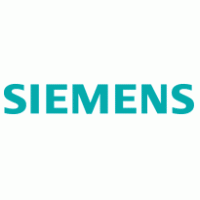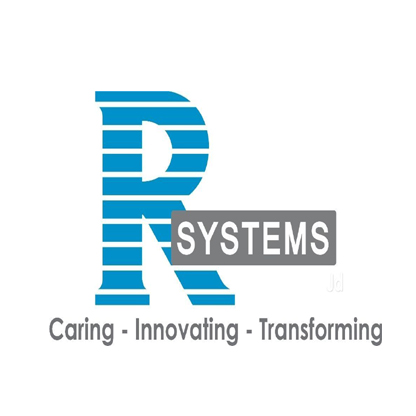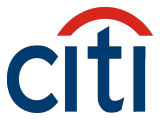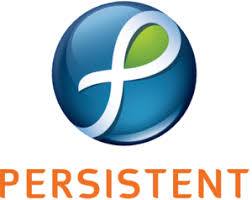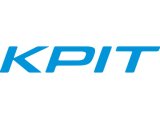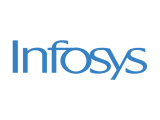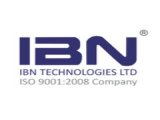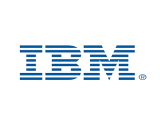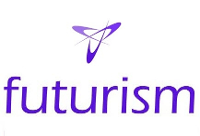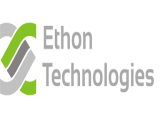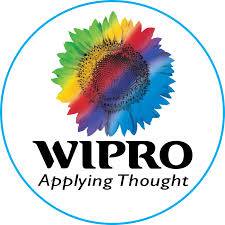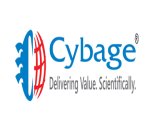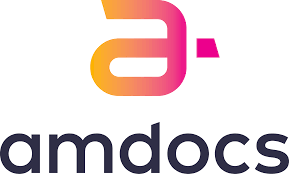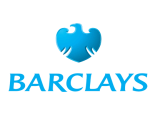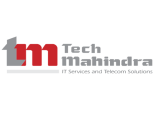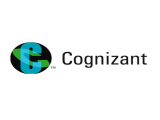Mongodb Training In Pune
Mongodb Nosql Database Training In Pune



Course Duration
3 Months
Live Project
Certification
Training Format
Live Online /Self-Paced/Classroom
Download Brochure & attend Free Online/Classroom Demo Session!
Key Features
Course Duration : 6 Weeks
Real-Time Projects : 2
Project Based Learning
EMI Option Available
Certification & Job Assistance
24 x 7 Support
Mongo DB Syllabus
The detailed syllabus is designed for freshers as well as working professionals
1. Introduction to NoSQL Database
- What in NoSQL?
- Difference between NoSQL and RDBMS
- Benefits of NoSQL
2. Introduction & Overview of MongoDB
- Objectives
- Design Goals.
- The Mongo Shell
- JSON Introduction
- JSON Structure
3. MongoDB Installation
- Installing Tools
- Overview of Blog Project.
- Swig, Express
- Node Packaged Modules (npm)
4. CRUD Operation in MongoDB
- CRUD (Creating, Reading & Updating Data) Mongo Shell
- Query Operators
- Update Operators and a Few Commands
5. Data Modeling
- Schema Design Pattern
- Case Studies & Tradeoffs
- Storage Classes
- Automatic Storage Class
- Static Storage Class
- External Storage Class
- Register Storage Class
6. Indexing and Performance Considerations
- Performance Using Indexes,
- Monitoring And Understanding Performance
- Performance In Sharded Environments.
7. Aggregation
- Aggregation Framework Goals
- The Use Of The Pipeline
- Comparison With SQL Facilities.
8. MongoDB Replication
- Application Engineering Drivers
- Impact Of Replication And Sharding On Design And Development.
9. Introduction to Mongoose
Mongo DB (No SQL Database) Classes in Pune
3RI Technologies offers expert-led MongoDB NoSQL database training in Pune. Our course is designed to provide hands-on experience and in-depth knowledge of MongoDB, a widely-used, flexible, and scalable NoSQL database. Learn everything from the basics of MongoDB setup to advanced features like data modeling, CRUD operations, aggregation, and data replication. The training also covers indexing, performance optimization, and how MongoDB compares with other databases, giving you the edge in building high-performing, scalable applications.
Our experienced trainers guide you through real-world projects, ensuring you gain practical skills needed to excel in MongoDB. You will also explore MongoDB’s integration with popular technologies such as Node.js and Express. Whether you are a beginner or an experienced developer, our course is designed to take you from foundational knowledge to expertise, making you job-ready for roles in database management and development.
With flexible batch timings, expert guidance, and placement assistance, 3RI Technologies is the best MongoDB training institute in Pune. Enroll today and take the first step toward mastering MongoDB for building modern applications, enhancing your career prospects in the ever-growing tech industry.
What is Mongo DB?
It is a cross-platform document-oriented database system, classified as a NoSQL database, which bridges the gap between key-value systems and traditional RDBMS systems.MongoDB is a relatively new competitor in the data warehousing circle compared to giants such as Oracle and IBM DB2 but has attracted a lot of attention with itsThanks to its functionality, MongoDB is the database for Big Data processing.MongoDB is suitable for situations such as expansion, caching, and areas where high volume traffic plays an important role.
Why is MongoDB so popular?
MongoDB is a NoSQL product and is becoming very popular in the developer community.Indeed, MongoDB combines perfectly with programming languages such as JavaScript, Ruby, and Python; This perfect mix transmits a high encoding speed.This functionality, along with its simplicity, has made MongoDB very popular in no time.
How is MongoDB better than traditional RDBMS?
It is the means to efficiently represent different types of data, with colossal read/write scalability and high availability of transactional systems in real-time.Dominant RDBMS are inadequate to meet this need with their rigid design and low-cost economic sizing solutions.Therefore, Hadoop and NoSQL are complementary in nature and are not competitors.Flexibility: MongoDB stores data in “Json” documents, where it provides a rich data model that is perfectly suited to the types of native programming language.And the dynamic schema facilitates the evolution of the data model only with an imposed scheme system, such as an RDBMS.Power: MongoDB has many features such as secondary indexes, dynamic queries, ranking, complete updates, upgrades, and simple aggregation available in a traditional RDBMS.This provides functionality similar to RDBMS and also offers additional flexibility and scalability benefits.
Advantages of Mongo DB
- Outline: It is perfect for changing the flexible data model.
- In MongoDB, it is easy to declare, extend, and modify additional fields in the data model and optional null fields.
- Using RDBMS databases, you must primarily run scripts to update the model.
- In this case, this can be done through encoding, and no script is required.
- The clear structure of a single object: the structure of the model is in “Json,” and the structure is clear rather than derived from a table structure.
- No SQL queries or hibernation: the good thing about MongoDB is that the operations are not complex to use (no SQL) and are based on key/value.
- You can use easy expression language operators like ‘$ gt,’ ‘$ lt,’ and you can practice with indexes and cursors.
- Adjustment: the level of consistency can be chosen based on the value of the data.
- Effortless scalability: the scale reads with replica sets and writes with fragmentation (automatic balancing).
- Just start another car, and you’re ready to go.
- Here, adding more machines to distributes your work.
- Automatic sharing allows you to scale the cluster linearly by adding more machines, allowing you to increase capacity without downtime.
- No conversion or mapping of application objects to database objects is required.
- Quick Access: Uses internal memory to store the work set, allowing faster access to data.
- Ease of use: MongoDB focuses on being easy to install, configure, maintain, and use.
For this, MongoDB provides some configuration options and automatically tries to do the right thing.
Free Career Counselling
WE are Happy to help you
Batch Schedule
Schedule Your Batch at your convenient time.
Sr. No.
Module Name
Batch Start Date
Batch Days
Timing
Enroll
FAQs
Most frequent questions and answers
After the course completion, an exam will be conducted to judge your knowledge along with the live project work completion check and you will be awarded a certificate from 3RI Technologies.
Yes, we provide placement assistance to our students. We have a dedicated team for Placement and tie ups with 300+ MNC’s and SME companies.
Yes ,we conduct demo classes every weekend. Please contact us for more details.
I'm Interested in This Program

Get Free Career Counseling
Talk to a counselor in 5 minutes
Having trouble? Call us at 8308103366 or Chat on WhatsApp.
Our Clients
